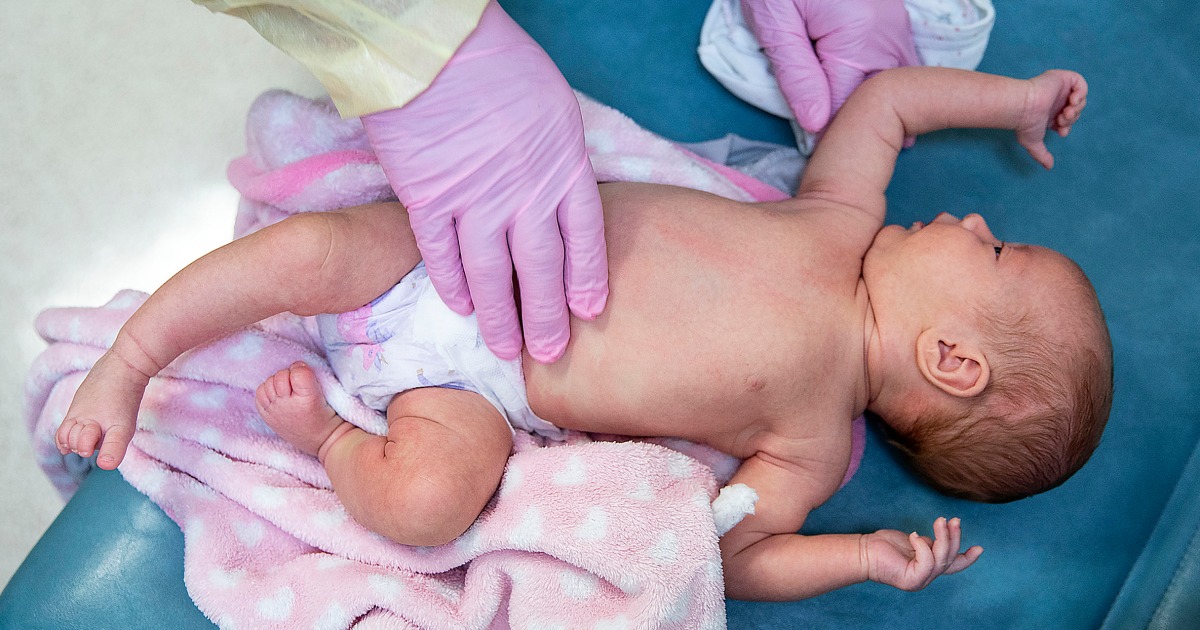
The Centers for Disease Control and Prevention alerted doctors Tuesday about a rise in severe cases of RSV among young children in Florida and Georgia.
Regional increases have usually predicted the beginning of RSV season nationally, the CDC wrote in its advisory, “with increased RSV activity spreading north and west over the following 2–3 months.”
The late-summer increase appears to suggest that RSV, or respiratory syncytial virus, is once again falling into a typical seasonal pattern after several years of unusually early viral activity due to the pandemic.
From Aug. 5 through Aug. 19, the rate of RSV-related hospitalizations increased from 2 in 100,000 kids ages 4 and younger, to 7 per 100,000, the CDC reported. The majority of those hospitalizations were in babies less than a year old.
Every year, RSV infections cause about 2 million doctor visits, 80,000 hospitalizations and up to 300 deaths in children under five, according to the CDC.
The CDC advised doctors to be ready with a new RSV shot for young children meant to help prevent the respiratory infection. Beyfortus, or nirsevimab, is a monoclonal antibody approved for all infants under 8 months old. Kids who are at high risk of RSV complications, such as those who are severely immunocompromised, may get a second shot up to about a year and a half.
Beyfortus isn’t expected to be available until early October, however.
And last month, the Food and Drug Administration approved an RSV vaccine given to pregnant women that can offer protection to their newborns during the first six months of life.
Follow NBC HEALTH on Twitter & Facebook.






